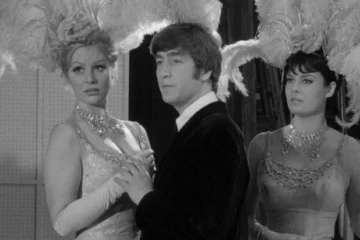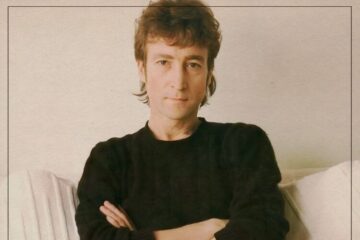In 1993, Francis Rauscher published an article in Nature that claimed children exposed to Mozart’s music would enjoy enhanced IQ and spatial abilities. Over the ensuing years, mothers condemned their children to hours of classical music, with rumours expanding to the eminent likes of Beethoven, Bach and Debussy. In 1999, this theory was discredited by psychologist Christopher Chabris, and the late theoretical physicist Stephen Hawking may shed light on the misconception.
A correlation may well exist between one’s enjoyment of classical music and IQ levels. However, there is no cause-effect evidence to speak of. To analogise, just because ice cream sales and shark attacks increase on sunny days, it doesn’t mean one is a direct cause of the other. It just so happens that Oxbridge academics like Hawking are more likely to have a background in the refinement of classical music and literature, as opposed to, say, Take That and Nuts magazine.
With this in mind, it was no surprise that Hawking chose mostly classical compositions when appearing on BBC Radio 4’s Desert Island Discs in 1992. The bonafide genius picked out bangers from Johannes Brahms, Ludwig van Beethoven, Richard Wagner and Francis Poulenc, sealing things off with his Castaway’s Favourite by Mozart, ‘Requiem’ in D minor.
Hawking hinted at eclecticism with a French cabaret favourite, Edith Piaf’s ‘Non, Je Ne Regrette Rien’, but brought listeners into the second half of the 20th century with just one rock ‘n’ roll selection. When he wasn’t untangling formulas to figure out whether the meaning of life really is 42 to the sound of Beethoven’s ‘String Quartet No. 15′, Hawking enjoyed The Beatles’ early rhythms.
For Hawking, the peak of Beatlemania came at the very beginning, when the band paved a new direction for British music. He chose The Beatles’ second UK single, ‘Please Please Me’. “After my first four rather serious choices, I would need some light relief,” Hawking said of his choice. “For me and many others, The Beatles came as a welcome breath of fresh air.”
Of course, all ingenious innovation starts somewhere. John Lennon wrote ‘Please Please Me’ as one of his earliest original compositions, inspired by Roy Orbison and Bing Crosby. “I remember the day I wrote it, I heard Roy Orbison doing ‘Only the Lonely’ or something,” the Beatle recalled in The Beatles: Anthology. “And I was also always intrigued by the words to a Bing Crosby song that went, ‘Please lend a little ear to my pleas’. The double use of the word ‘please’. So it was a combination of Roy Orbison and Bing Crosby.”
Listen to Stephen Hawking’s favourite Beatles song below.




